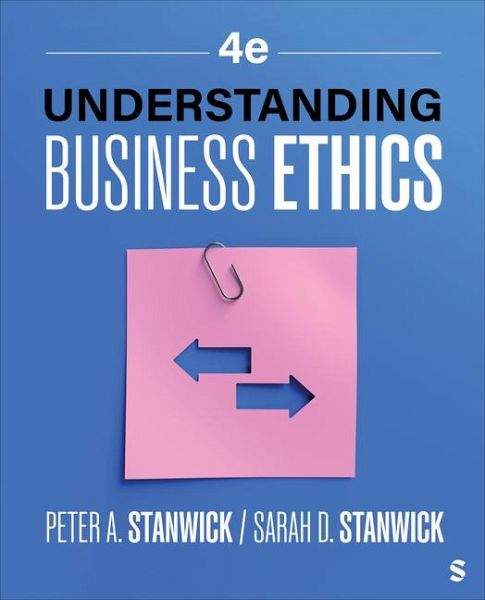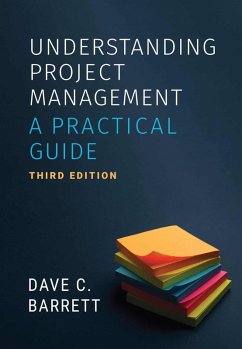Peter A. Stanwick is an associate professor emeritus in the Department of Management and Entrepreneurship at Auburn University. His research has been published in various journals, including The Journal of Business Ethics, Management Decision, The Journal of Corporate Citizenship, The Journal of Corporate Accounting and Finance, Business Strategy and the Environment, Eco-Management and Auditing, American Business Review, International Journal of Commerce and Management, Southern Business Review, International Journal of Management, Journal of Business Strategies, Journal of Organizational Change Management, Journal of Business and Economic Perspectives, Journal of Hospital Marketing, and The International Journal of Organizational Analysis. In addition, Dr. Stanwick served as a reviewer for the Journal of Business Ethics. He was invited to present papers in 2004 and 2011 at Oxford University. Dr. Stanwick has received two grants from the Daniel F. Breeden Endowments for Faculty Enhancement and a Pursell Ethics Grant. In 1995, Dr. Stanwick received the Graduate Faculty Member Award for Excellence by the Association of Graduate Business Students at Auburn University. Dr. Stanwick taught strategic management at the undergraduate and graduate level, international management at the undergraduate level, and business ethics at the undergraduate and graduate levels. In addition, Dr. Stanwick was the College of Business Advisor for Sigma Iota Epsilon (The National Honorary and Professional Management Fraternity) and the Committee of 19, which addresses the social problems of hunger. Sarah D. Stanwick is associate professor emerita in the School of Accountancy at Auburn University. Her research has been published in various journals, including The Journal of Business Ethics, Advances in Accounting, The Accounting Educators' Journal, The Journal of Corporate Accounting and Finance, The CPA Journal, The Journal of Corporate Citizenship, Business Strategy and the Environment, Eco-Management and Auditing, and the International Journal of Commerce and Management. While at Auburn University, she has received two Daniel F. Breeden Endowments for Faculty Enhancement and a Pursell Ethics Grant. In addition, she received a grant from the World Resources Institute to write an instructional case on the pulp and paper industry in Alabama. She has taught financial and managerial/cost accounting at the undergraduate and graduate levels. She has also taught accounting ethics at the graduate level. Her research interests include the areas of environmental accounting, ethical issues for managers and accountants, and social responsibility issues. She has served as the College Diversity Officer, the advisor for the Auburn University chapter of Beta Gamma Sigma (the international honor society for achievement in the study of business) and the advisor for the Auburn University Women in Business Organization. During her tenure at Auburn, she has directed a successful community outreach program on financial literacy, Tiger$ense. She is a retired certified public accountant. Together, Sarah and Peter have two adult children, Olivia and John, and one faithful miniature dachshund, Belle.





